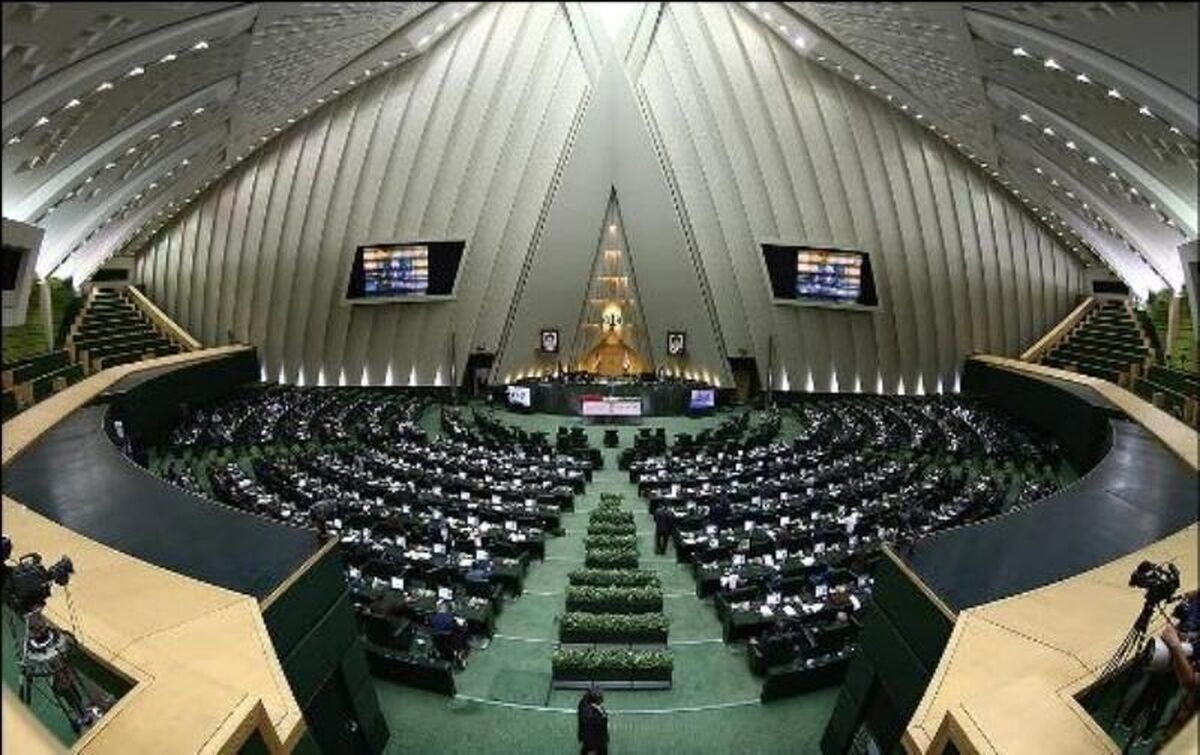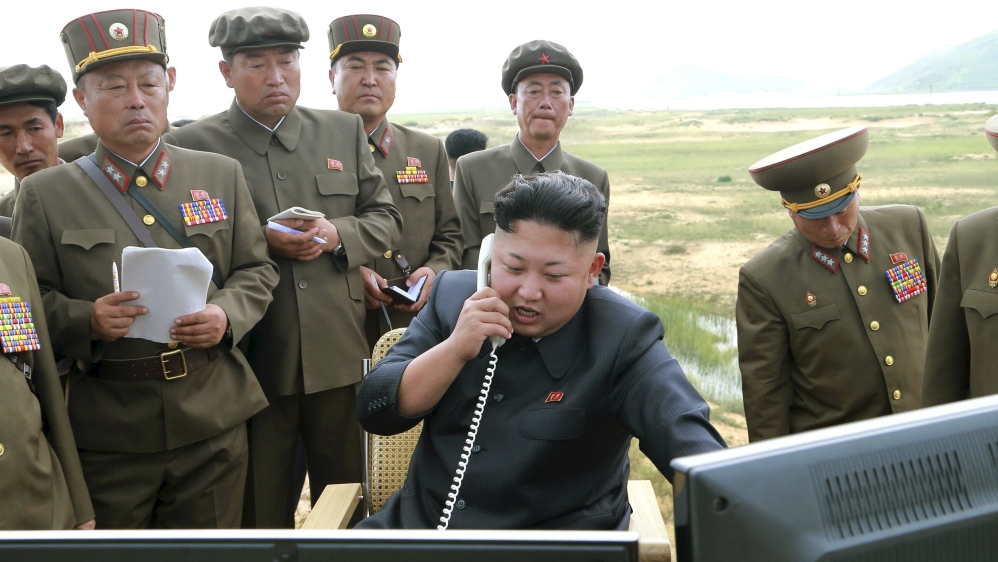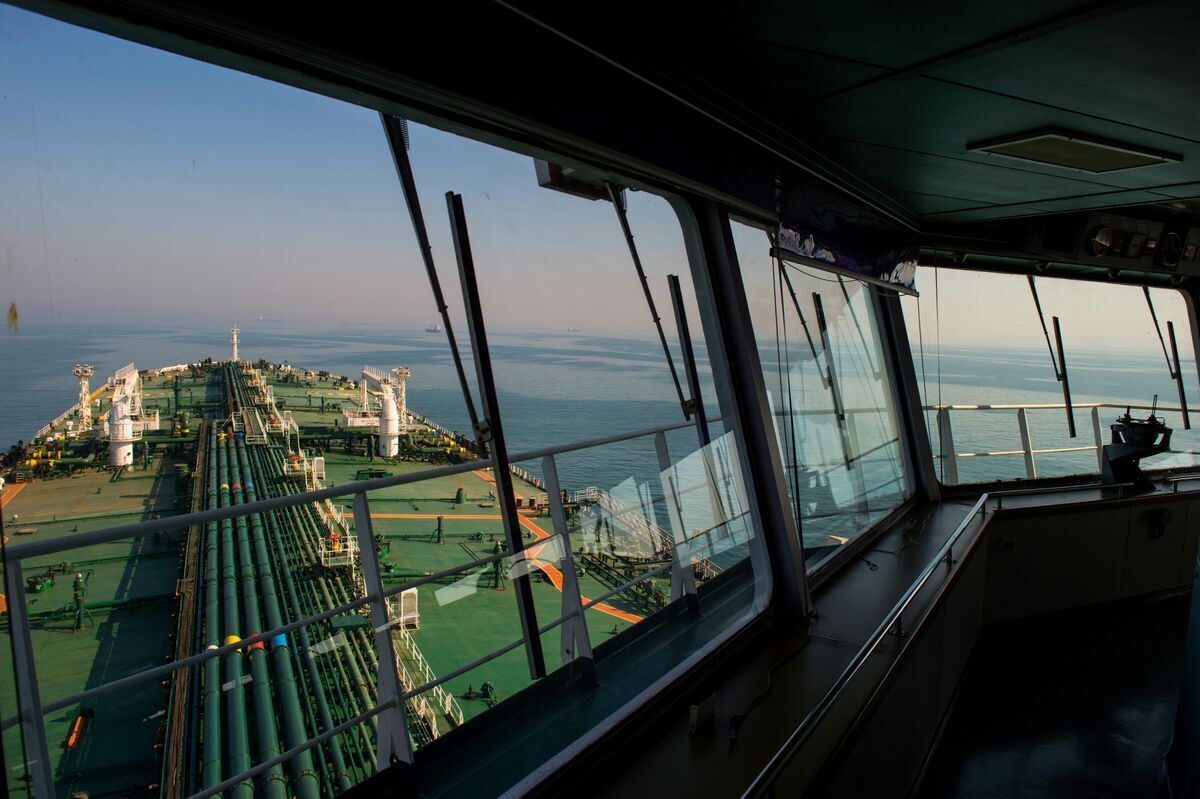
UN Threatens Fresh Sanctions on North Korea After Nuclear Test

EghtesadOnline: The UN Security Council condemned North Korea’s fifth nuclear test on Friday as a clear threat to international peace and security and said it will start discussing new “significant measures” against Pyongyang.
Security Council members “had previously expressed their determination to take further significant measures in the event of another nuclear test,” said Gerard van Bohemen, New Zealand’s ambassador to the UN, speaking in his capacity as president of the council. “The members of the Security Council will begin work immediately on appropriate measures."
According to Bloomberg, the test may have shown North Korea overcoming what had been seen as hurdles to the further development of its nuclear weapons capabilities. The official Korean Central News Agency said the detonation showed the regime was now able to produce miniaturized nuclear arms and attach atomic weapons to rockets.
“The standardization of the nuclear warhead will enable the DPRK to produce at will and as many as it wants a variety of smaller, lighter and diversified nuclear warheads of higher strike power,” KCNA said, using the acronym for North Korea. “This has definitely put on a higher level the DPRK’s technology of mounting nuclear warheads on ballistic rockets.”
Beyond the UN, the test drew opprobrium from world leaders including South Korean President Park Geun Hye and U.S. President Barack Obama.
Park called the North Korean move “maniacal recklessness” and warned that Kim Jong Un’s moves would lead to North Korea’s self-destruction. Obama said the U.S. “does not, and never will, accept North Korea as a nuclear state.” Chief Cabinet Secretary Yoshihide Suga said North Korea’s actions were a threat to Japan and the country would consider further sanctions.
The blast set off an artificial earthquake around 9:30 a.m. Seoul time, with the defense ministry saying the explosion was 10 kilotons. The United States Geological Survey put the quake magnitude at 5.3. The Pentagon said it will be deploying an aircraft to the region to collect air samples that can help determine the nature of the explosion.
Miniaturization Claims
North Korea has a history of exaggerating its nuclear prowess. In 2013 it said it had created nuclear missiles capable of reaching the U.S., but produced little proof, drawing skepticism from arms experts. In March it unveiled images of what it called a miniaturized warhead.
Pyongyang said after its January test it had detonated a hydrogen bomb for the first time. That was never verified and some nuclear experts and the U.S. cast doubt on the claim.
Korean stocks and the won fell Friday -- with the Kospi Index down 1.3 percent -- though analysts said the reaction was somewhat muted. The yen rose.

China, which pushed back against some proposed sanctions after North Korea’s last test in January, said it called on Pyongyang to curb its nuclear plans. Foreign Ministry spokeswoman Hua Chunying said China, North Korea’s biggest trading partner, was firmly opposed to the test and that officials would speak to counterparts at the North Korean embassy in Beijing.
Kerry, Lavrov
U.S. Secretary of State John Kerry, meeting in Geneva with Russian Foreign Minister Sergei Lavrov on Friday about Syria, said “everybody shares concerns” about North Korea’s latest action. Lavrov said that UN Security Council resolutions “must be implemented and we will send this message very strongly.”
The test came one day after Obama left Asia following his swan song trip as U.S. leader. His visit included a clutch of global summits in China -- where he attended a G-20 meeting hosted by President Xi Jinping -- and Laos. During those meetings he and the leaders of Japan and South Korea urged stronger action to curb Kim’s nuclear ambitions.
North Korea test-fired a trio of ballistic missiles that landed within a few hundred kilometers of Japan’s coast earlier this week. The regime, which has repeatedly flouted Security Council resolutions barring its ballistic missile activities, has conducted at least 22 launches this year, according to U.S. officials.

China has done more on sanctions against North Korea than previous rounds of penalties but could “tighten up” in prodding Kim, Obama told reporters on Thursday in Laos. Obama said he had told Xi that China needs to “work with us more effectively” to rein Kim in.
Tensions in North Asia have also been running high over a plan to deploy a U.S. missile defense system known as Thaad in South Korea. The Chinese have protested that move, which U.S. officials insist is only intended to protect South Korea. Russia has also objected.
The latest blast probably reflects North Korean efforts to cause further fractures between the U.S. and China over Thaad, said Lee Woo Young, a professor at the University of North Korean Studies in Seoul. “The test would show North Korea’s willingness to break the power balance in the East Asia region.”
Obama said he noted Xi’s objection to Thaad and that the U.S. isn’t looking for a diplomatic tussle over the missile shield. Still, he said, “we cannot have a situation where we’re unable to defend ourselves or our treaty allies against increasingly provocative behavior."
“They need to work with us more effectively to change Pyongyang’s behavior,” Obama said, referring to China.
The big question for the international community is whether it can match its condemnation of North Korea with action, according to Scott Snyder, a senior fellow for Korea studies at the Council on Foreign Relations.
“A second question is whether the United States and China can set aside strategic mistrust sufficiently to coordinate a set of actions that would make clear that Kim Jong Un’s current path is unacceptable and force him to turn around and accept denuclearization."



